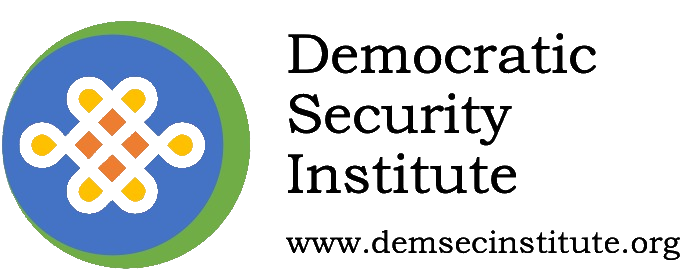Category: Blog
-

Tsnelisi-Chorchana Crisis: Facts, Details and Chronology
By Tornike Zurabashvili The decision of the Ministry of Internal Affairs of Georgia to set up an observation post between the village of Chorchana in the Khashuri municipality and the village of Tsnelisi in the Russian-held Tskhinvali Region/ South Ossetia in August 2019 caused weeks of crisis at the occupation line. The situation did not…
-
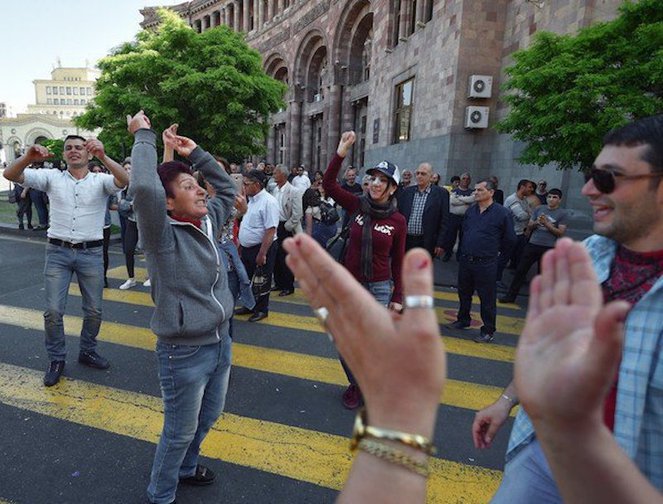
“Armenia first”: behind the rise of Armenia’s alt-right scene
by Armen Grigoryan Armenia’s 2018 revolution may have pushed a kleptocratic regime out of power, but today the country’s conservative agenda is radicalising under new conditions.
-
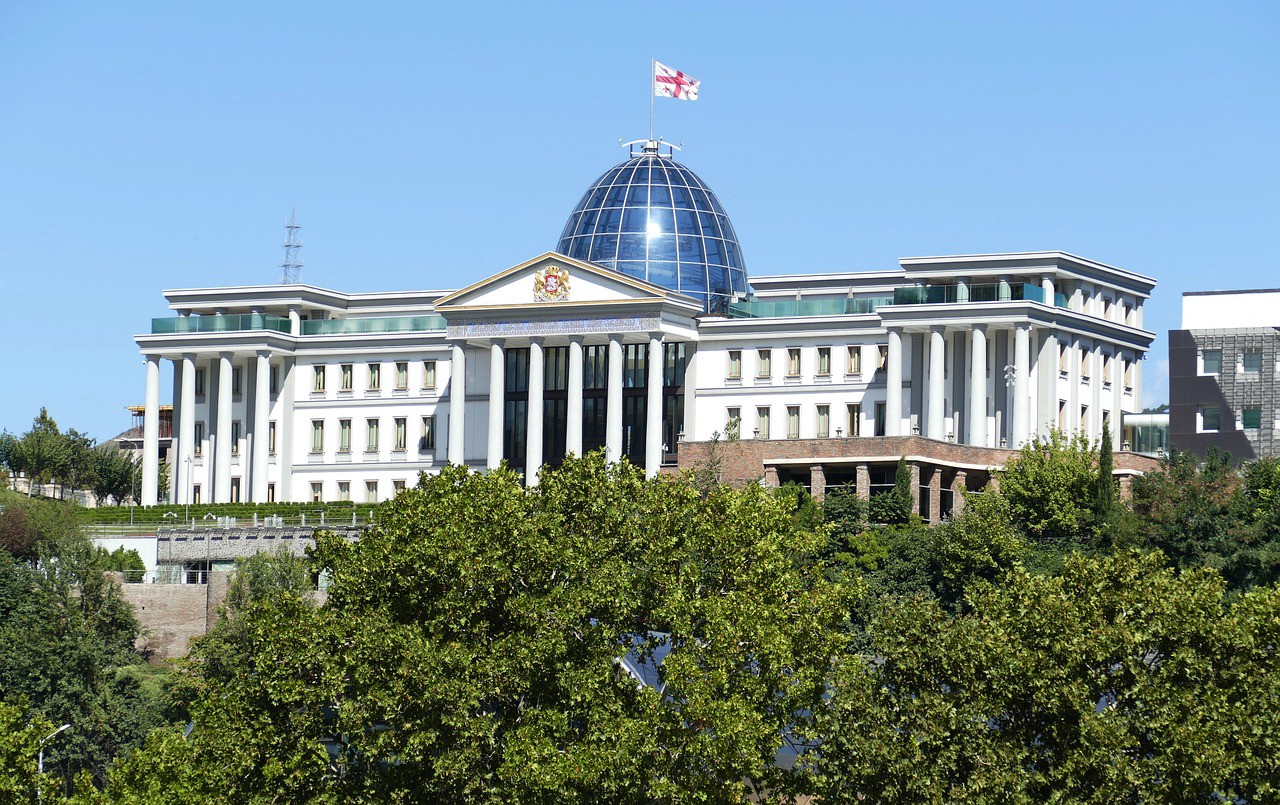
Tearing apart: what drives political polarisation in Georgia?
Lessons learnt from the 2018 Presidential elections By Tornike Zurabashvili Tornike Zurabashvili is an independent political analyst based in Tbilisi, Georgia. From December 2016 through June 2019, he edited Civil.ge, Georgia’s leading English-language daily news and analytical platform. He is currently a fellow at the Eurasia Democratic Security Network.
-
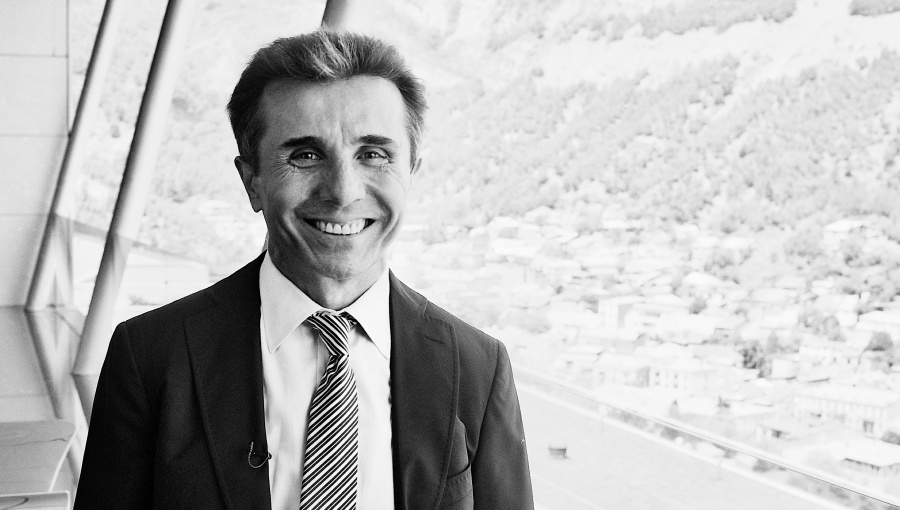
Running out of steam: Georgian politics after the May 2019 elections
By Max Fras Local mayoral by-elections and parliamentary by-elections in May and June 2019, Georgia’s last electoral test before the 2020 parliamentary elections, signal a turbulent year ahead for Georgian politics and society. Although the ruling Georgian Dream (GD) party won throughout, the elections revealed that both GD and opposition parties are struggling to present…
-
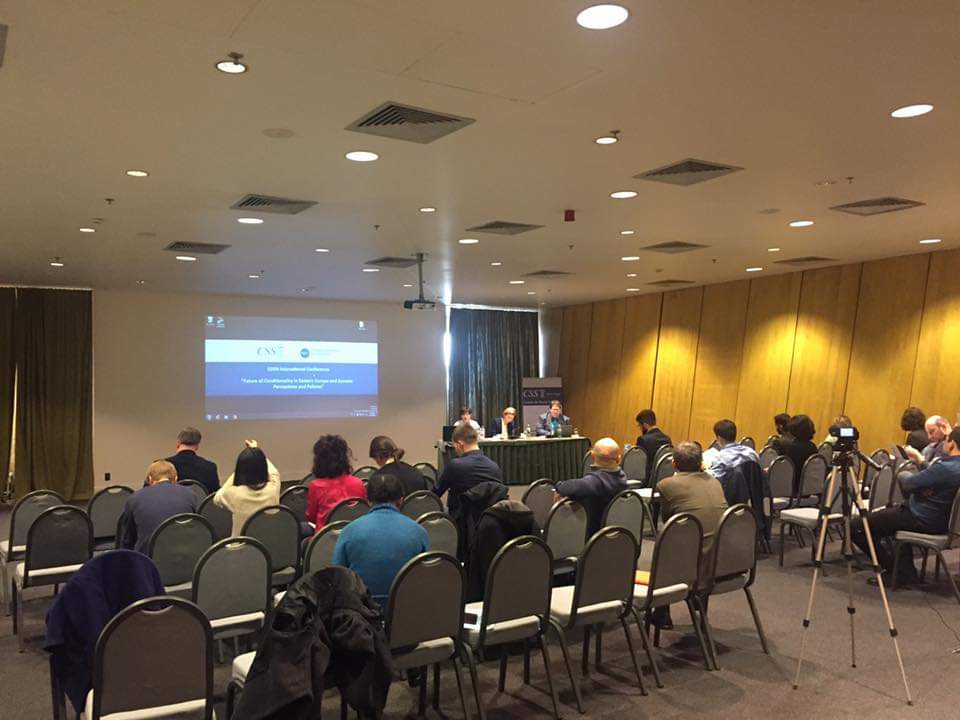
EDSN 2019 Conference on Democracy and Security
June 3, 2019 09:00-17:00 Holiday Inn Tbilisi Join the Center for Social Sciences and the Eurasia Democratic Security Network (EDSN) for its 2019 conference on democracy and security in Eastern Europe and Eurasia. Featuring a slate of distinguished speakers — including the 2018-19 cohort of EDSN fellows, prominent guest speakers, and invited experts — the…
-
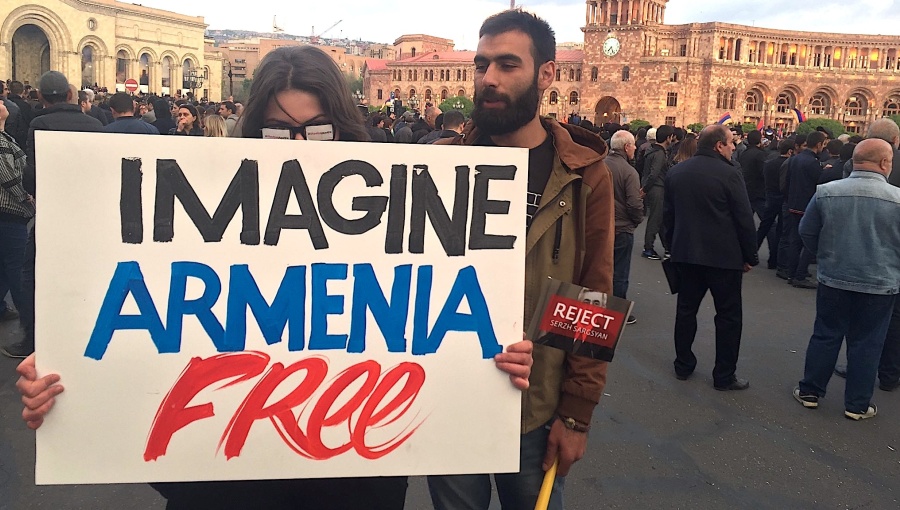
Armenia is a Russian ally and EEU member, so how did it pull off a democratic revolution?
By Dr. Karena Avedissian For Armenia, a Russian ally, a member of the Russia-led Eurasian Economic Union (EEU), and once regarded as increasingly autocratic, the 2018 Velvet Revolution was a remarkable achievement.
-
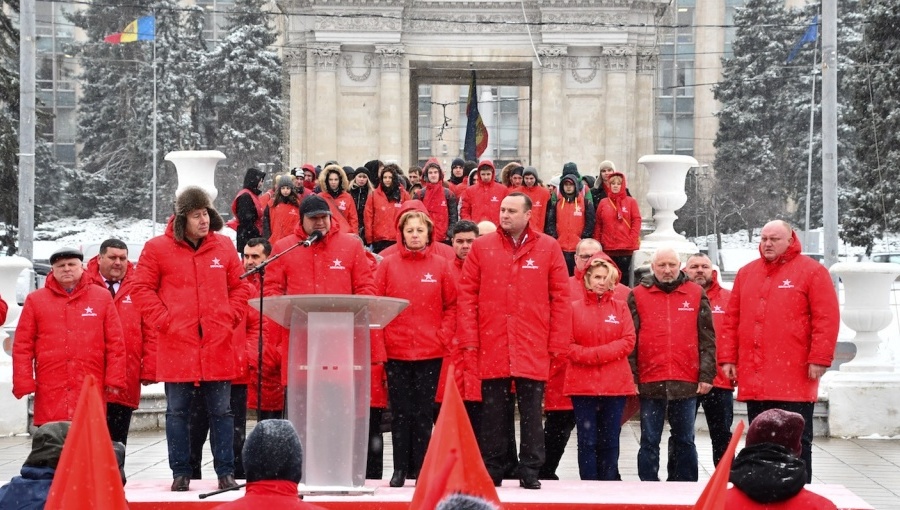
When corruption trumps geopolitics: lessons from the Moldovan election
By Mihai Popsoi In international circles, Moldova is frequently described as a country torn between Russia and the Euro-Atlantic West, where the push-pull of geopolitical competition is the defining feature of national policy and politics. Yet, while geopolitics may fill the headlines and fuel sombre discussions in Western capitals, the flawed recent elections in Moldova…
-
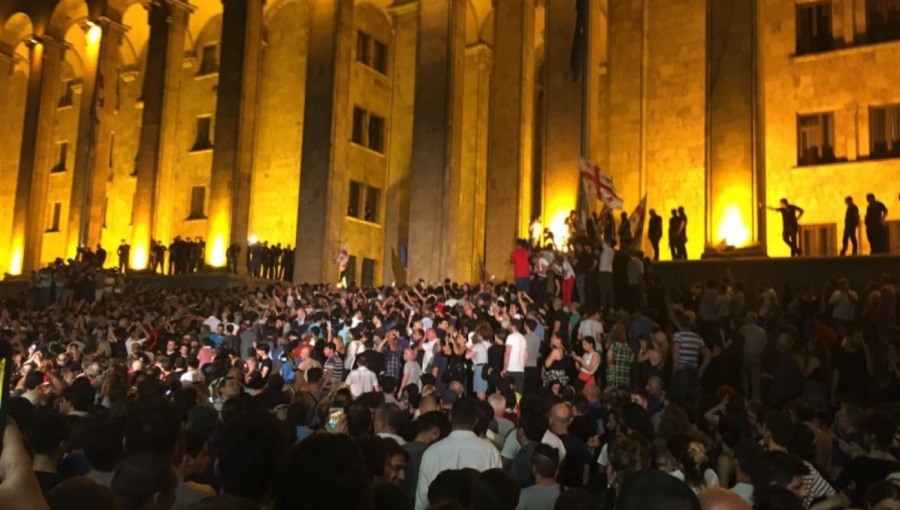
Tbilisi’s protests and the Georgian Dream Political paradox
By Lincoln Mitchell The protests and political drama that have engulfed Tbilisi over last week or so has highlighted all of the flaws of Georgia’s ruling Georgian Dream party (GD). While the image of a pro-Kremlin Russian parliamentarian holding court in Georgia’s legislature was to many Georgians a troubling symbol, that event, and the political…
